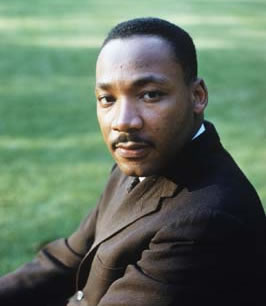 In the category of History Podcasts:
In the category of History Podcasts:Big Ideas (TVO), (review, site, feed)
TV lectures about various subjects on podcast.
All things Medieval, (review, site, feed)
Podcast on whatever is related to the late Middle Ages - not just dry history.
Church History, (review, site, feed)
Denominational history of the medieval Christian Church
Birth of the Modern (Arizona State University), (review, site, feed)
Podcast course covering elements of history from late Middle Ages to the early modern age.
Things We Forgot To Remember (BBC and Open University), (review, site, feed)
History podcast on how history is construed.
Religions of the Ancient Mediterranean, (review, site, feed)
History of Christianity in the early apostolic phase.
In the category of Science:
Science Friday (NPR), (review, site, feed)
Popular science program
Stem Cells: Policy and Ethics (Stanford), (review, site:Stanford on iTunes U, feed)
Five lectures covering the techniques, the research, the law and the ethical issues of stem cell research.
Paste the link
http://feeds.feedburner.com/Anne_Is_A_Man
into the RSS reader of your preference.
You can let your preferences (I'd love get new podcast recommendations) know by commenting on the blog or sending mail to The Man Called Anne at: Anne Frid de Vries (in one word) AT yahoo DOT co DOT uk
























